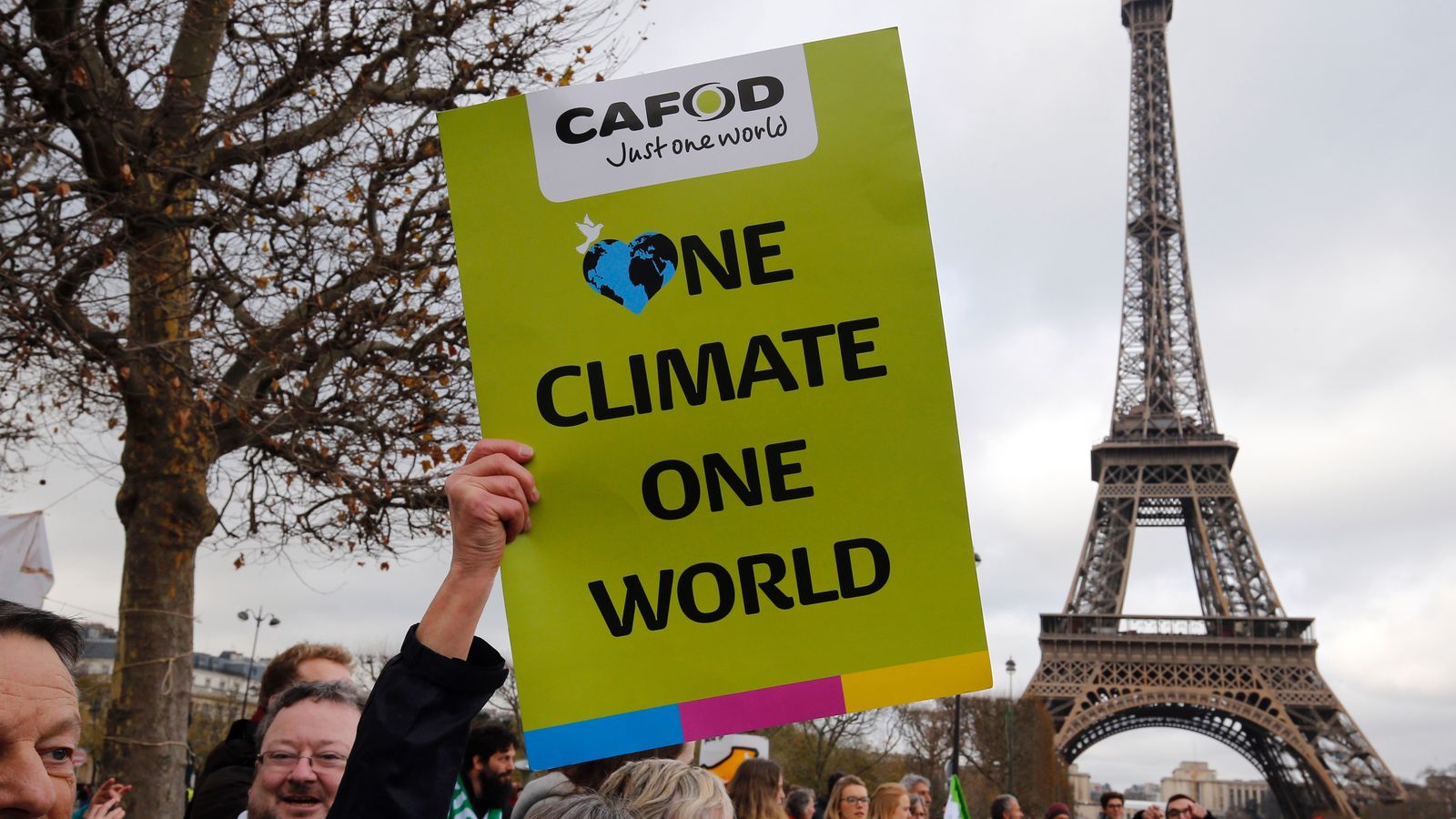President Donald Trump’s decision to quit the Paris Climate Agreement has undermined American leadership in sustaining the global environment. It looks as if the US is increasingly unwilling to lead the world as long as the US will incur certain cost.
In history, America has indeed paid great amount of cost to secure its present global leadership, especially through fighting the fascists during the WWII. The US armed forces landed in Normandy beach, with a death toll of thousands of its own lives on D-Day, without waiting for Nazi Germany to strike continental America first. President Franklin Roosevelt took the leadership in liberating those who were under Nazi suppression, without claiming “America first”. If there was any “America first”, it was American commitment first to peace and security in the Europe.

To be honest, America didn’t give without taking. The US leadership in building the United Nations, World Bank and International Monetary Fund has not only benefited the world, but generated international stability and prosperity which has brought America enormous return. A world with the US dollar as international reserve currency has built unique American financial hegemony. The Marshall Plan in the late 1940s gave even more return to the US in its competition with the then Soviet Union.
“America First”, to some extent, is not at all a new idea. Since the making of the union, no leadership in America would accept the US to be dominated by any others. However, for ages it was those internationalists, rather than isolationists, who prevailed. Largely it is through provision of public goods as well as international institutions that America has managed its rise to the global center.
In contrast, Trump’s vision of “America First” takes a rather narrow view of “America First”. By calculating only those coal-based jobs America could potentially lose through committing to its obligation under the Paris climate deal, his administration fails to count the new green-energy jobs this accord could generate over years. Through withdrawing from the agreement, the US would leave so many new jobs associated with green environment to be filled by other nations.
At a time the US is turning to a narrow focus, other states might be interested in filling the void of leadership that America is vacating. The EU has already deemed the US not accountable and made up its mind to build more independent capacity. The major carbon-emitter, China, has lately voiced resolutely its commitment to the Paris Climate Accord however other signatories would act. Surely China feels the short-term pain in transforming its coal-based economy to a more green-structured industry. However, for its long-term competence, it is in Beijing’s interest to stick to the Paris Climate deal.
By implementing a national program to build some five nuclear power reactors per annum since 2015, China will construct at least 100 reactors by 2030, when it has to fulfill its voluntary aim to reach its peak of carbon emission. Despite the huge undertaking of financial and technical resources, China finds this to be a new approach to generating jobs as well as trade. As it advances its Belt and Road Initiative, Beijing would be keen to promote cooperation with regional partners in turning green energy into common opportunity.
While the Trump administration is narrowly looking inward, China is turning global. Beijing’s Belt and Road Initiative, while there is self-interest in promoting export of over-capacity of manufacturing, carries public goods of advancing regional infrastructure construction and associated interconnectedness. China’s leadership in pushing this initiative compares with the Marshall Plan, with Beijing’s plan far more ambitious and its impact far outreaching.
Unlike the similar decision to quit the Kyoto Protocol by the George W. Bush administration when Japan echoed, this time Tokyo has expressed regret for the US move. Despite its difficulty in powering the country while shutting off much of its nuclear power stations due to the Fukushima incident in 2011, Japan has taken a positive move in balancing jobs and environment. China and Japan, the second- and third-largest economies, are finding their chance to share the same objective of sustaining the humanity.
Major carbon emitters like China, Japan, EU and India shall partner together to make the Earth green again. These countries share special responsibilities in curbing their carbon release as ambitiously as possible, especially in the Trump era. With the US exit, it would be desirable that the aforementioned countries forge a coalition in assuring other members of the Paris accord to honor respective promises toward 2030.
